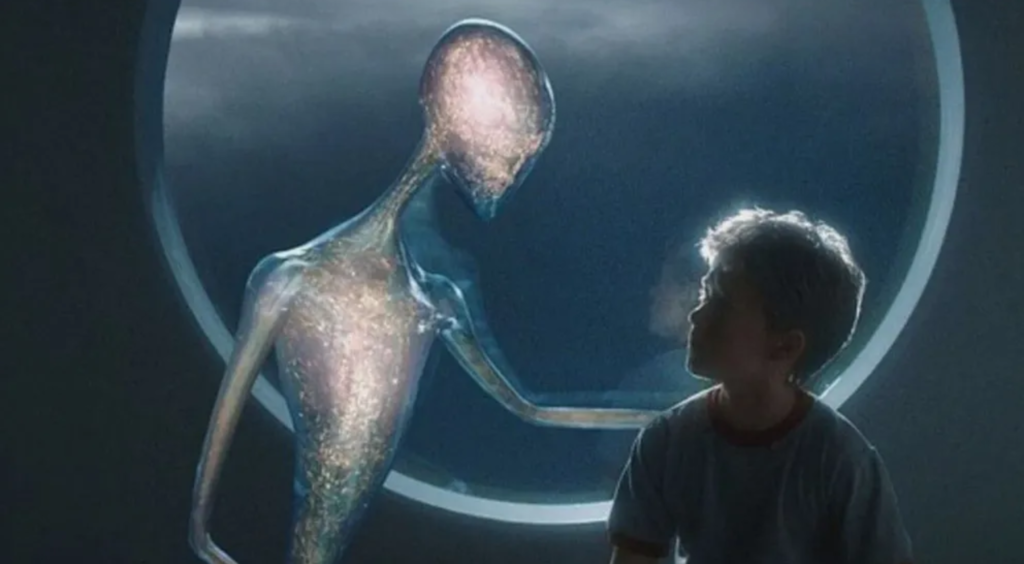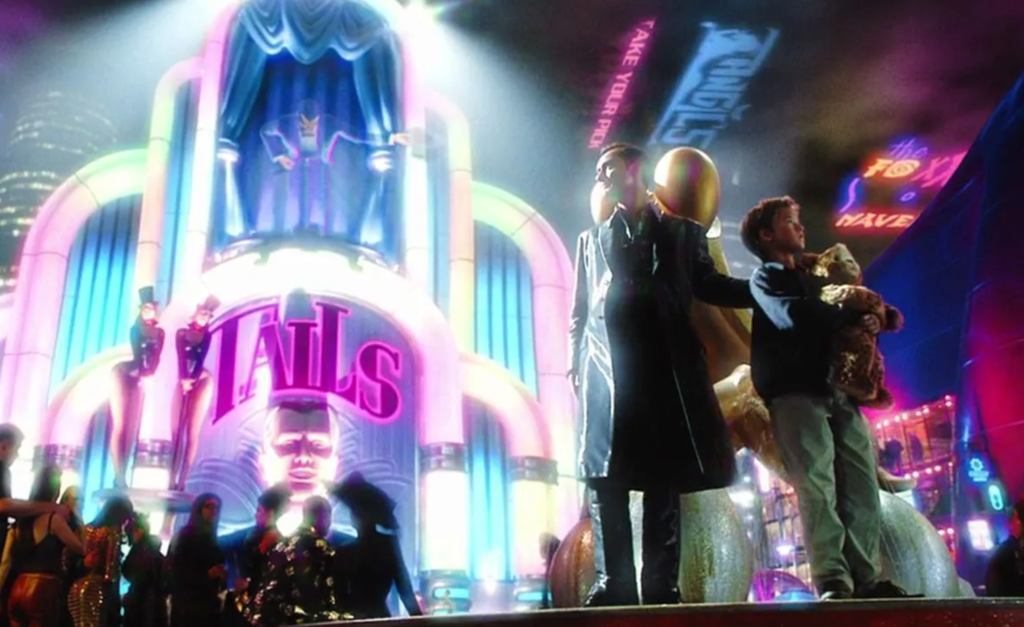In 2001, renowned filmmaker Steven Spielberg presented audiences with a thought-provoking film titled “Artificial Intelligence.” Set in a future where advanced humanoid robots coexist with humans, the film delves into complex themes of love, identity, and the ethical implications of creating intelligent machines. As we witness the rise of AI system such as ChatGPT, an AI language model capable of engaging in human-like conversations, it is fascinating to explore the parallels between Spielberg’s vision and the evolving landscape of AI today.

Blurring the Line between Humans and Machines:
“Artificial Intelligence” transports us to a world where lifelike robots called “mechas” are indistinguishable from humans, with their emotional capabilities carefully crafted to foster human-like connections. In a similar vein, ChatGPT exemplifies the advancements made in artificial intelligence and natural language processing, pushing the boundaries of what is possible in human-machine interaction. With its natural language processing capabilities and context-driven responses, ChatGPT can create conversational experiences that blur the line between humans and machines, just as Spielberg’s film envisioned.
The Quest for Connection and Acceptance:
At the heart of “Artificial Intelligence” lies the story of David, a robotic child who longs for love and acceptance. In his journey to become a “real” boy, David seeks the affection of his human mother, Monica, and encounters various challenges along the way. Similarly, the rise of ChatGPT highlights the human desire for connection in an increasingly digital world. People turn to AI language models like ChatGPT for conversation, seeking understanding, empathy, and companionship. The parallels between David’s quest for acceptance and the appeal of AI companionship are undeniable, showcasing the underlying human need for connection, even if it comes in the form of artificial beings.

The Ethical Dilemma of Artificial Intelligence:
As “Artificial Intelligence” unfolds, it explores the ethical implications of creating sentient machines and delves into questions of morality. The film raises concerns about the treatment of artificial beings, as well as the consequences of blending human and artificial traits. Similarly, the rise of ChatGPT sparks discussions about the ethical considerations surrounding AI and the responsibility that comes with its development and deployment. We must ponder the consequences of creating AI systems that mimic human behavior, ensuring that we strike a balance between advancement and ethical responsibility.
The Impact of Artificial Intelligence on Society:
Spielberg’s film serves as a cautionary tale, examining how the introduction of advanced AI technology can reshape society. “Artificial Intelligence” portrays a world where humans grapple with the implications of their own creation. The rise of ChatGPT parallels this narrative, as AI language models continue to reshape various aspects of our lives, from customer service interactions to content creation. The impact of AI on society is profound, prompting us to reflect on the potential benefits and challenges that come with increased integration of AI technology.

Conclusion:
“Artificial Intelligence” remains a timeless film that explores profound themes surrounding the intersection of humanity and technology. As we witness the rise of ChatGPT and its ability to engage in human-like conversations, we find ourselves on a parallel trajectory with Spielberg’s vision. The film reminds us of the importance of ethical considerations in AI development and prompts us to contemplate the future implications of intelligent machines. By exploring these intersections, we can foster a greater understanding of the evolving relationship between humans and artificial intelligence, ultimately shaping a responsible and beneficial AI-driven future.